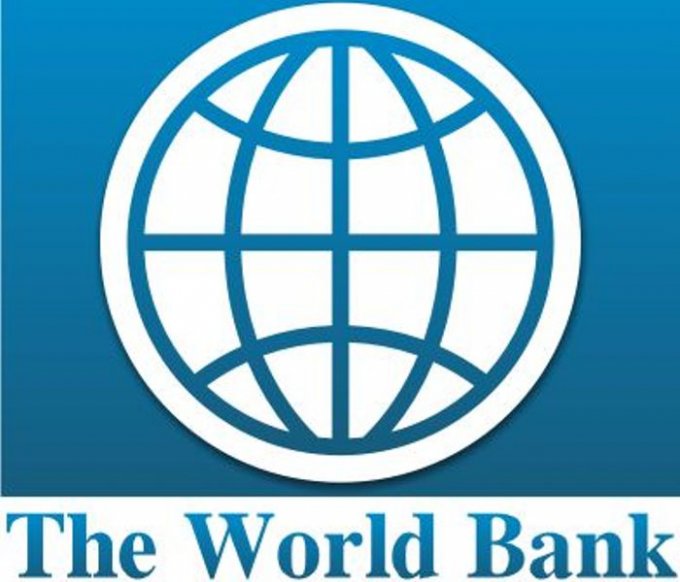Boosting Africa’s ICT Revolution – World Bank approves $71.5million for three Countries
The West Africa Regional Communications Infrastructure Projects (Liberia and Sierra Leone) and the Central Africa Backbone (São Tomé e Príncipe) to improve access and connectivityand help reduce costs of communications services.
WASHINGTON DC, 21st January 2011 – The World Bank board yesterday approved three projects totaling US$71.5million to boost ICT infrastructure and access to better services in three African countries. The Democratic Republic of São Tomé and Príncipe received a grant of US$ 14.9 million for its component of the Central African Backbone Program. The projects in Republic of Sierra Leone and the Republic of Liberia received credits of US$31.0 million and US$25.6 million respectively as part of a US$300 million West Africa Regional Communications Infrastructure Program (WARCIP).
The WARCIP will provide support to 15 countries of the ECOWAS Region to increase the geographical reach of broadband networks and reduce costs of communications services. The new initiative complements the Regional Infrastructure Connectivity Program and the Central African Backbone. They will target 25 eligible Eastern & Southern African countries for US$424 million, and 11 nations in Central African Countries for US$215 million.
The three nations currently have some of the highest connectivity costs in the world, and one of the few in West and Central Africa which are not connected to the global network of broadband optical fiber infrastructure. The projects will help usher a major infrastructural revolution in these countries. For the first time, they will be connected to the best of global Internet broadband services network, as well as develop their national backbone infrastructure for distributing broadband Internet to urban and rural masses.
The projects have two main components. They will first seek to create an enabling environment by providing technical assistance and capacity building for legal and regulatory reform. Public private partnership arrangements will be developed to build infrastructure. The second component focusing on connectivity, will provide financing for the countries’ contribution (consortium fee) for participating in the Africa Coast to Europe (ACE) submarine cable. This will be on an open access basis, using public private partnerships, leveraging private sector and associated investments.
The projects will help improve the overall competitive environment in the telecommunications sector, and the viability of public incumbent operators where necessary. In Sierra Leone, the commercialization of the state-owned telecom operator SierraTel, and the liberalization of access to the country’s International Gateway will be supported. In São Tomé and Príncipe, the project will help to introduce competition through the launch of a second global telecommunications operator licence for fixed and mobile services.
These initiatives are in sync with ICTs revolution in Africa over the past decade, particularly in mobile telephony. But Internet connectivity is still a challenge in many countries. Smaller nations like Sierra Leone, Liberia and São Tomé and Príncipe are typically ignored by private submarine cable consortia, who consider their markets small and unattractive. The three countries currently depend on expensive satellite connectivity costing US$4,000-5,000/Mbps per month. Those connected to submarine cables access international capacity at much lower prices –US$ 600 in East Africa and US$100 in Morocco. The high cost of connectivity coupled with a lack of national backbone infrastructure has created a difficult environment to expand the availability of Internet services and advanced applications. These factors have limited the potential of these countries to create jobs, expand production of goods and services, and trade competitively in the global arena. The projects are expected to yield extensive benefits across sectors like telecommunication services, Internet users, schools, hospitals, banks, corporations, government and public administrations and households.
The World Bank’s determination is to step in where traditional investors shy away, by devising regional instruments aimed at catalyzing private sector investment to improve connectivity. According to World Bank Africa Region director for regional integration Yusupha B. Crookes, the growth of ICTs in Africa has been phenomenal over the past decade. “Mobile penetration is astronomical now, with many countries recording as high as 80%. The mobile network now constitutes the largest ever service delivery platform available to reach citizens, and is boosting Africans’ ability to connect to the information super highway, thereby, creating opportunities for ordinary people to connect for social, economic and political reasons,” he says. “Better days are ahead, as prices drop, broadband improves, internet access scales up, overall quality of communication is enhanced and broader and more innovative applications become available to solve problems facing ordinary people and governments in Africa.”
Stay with Sierra Express Media, for your trusted place in news!
© 2011, https:. All rights reserved.





